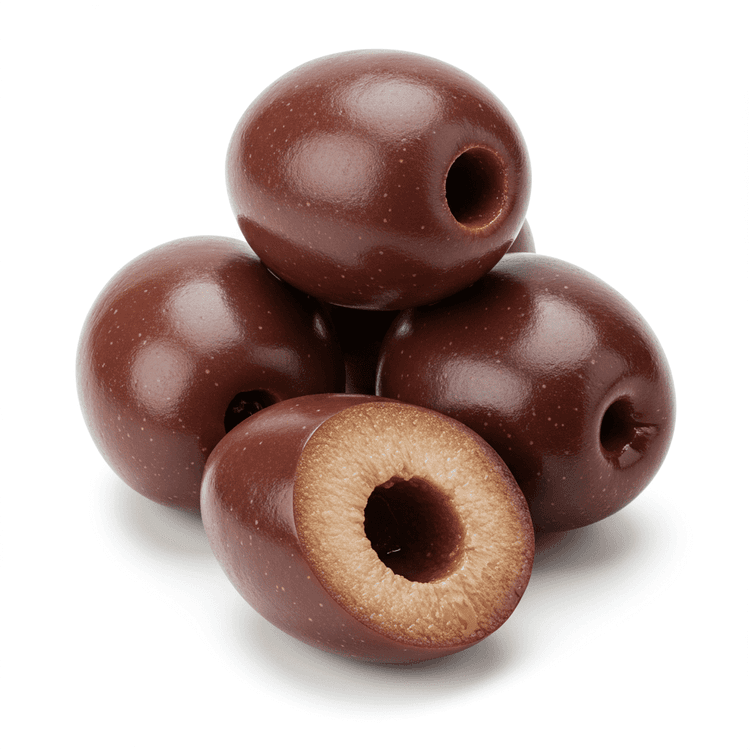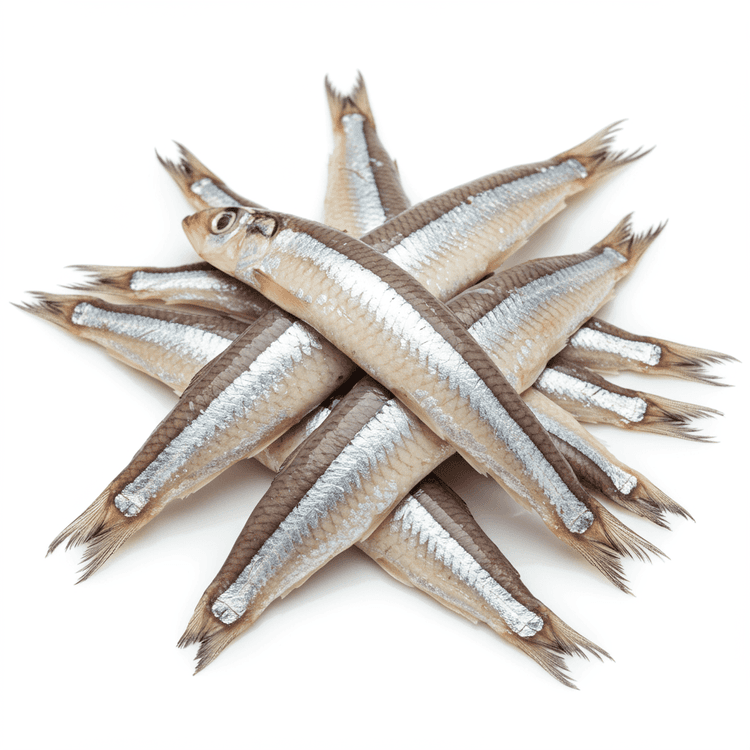
Kalamata Olive
Kalamata olives are a distinctive type of Greek olive, renowned for their rich, fruity flavor and smooth, meaty texture. These plump, almond-shaped olives boast a deep, dark purple to almost black color when fully ripened. Often preserved in olive oil, vinegar, or brine, kalamata olives offer a briny, slightly bitter taste that adds a sophisticated touch to various dishes. Their unique flavor profile makes them a popular ingredient in Mediterranean cuisine and beyond, offering a delightful combination of saltiness, tanginess, and olive fruitiness. When selecting kalamata olives, look for those that are firm, plump, and have a consistent dark color for the best taste and texture.
Common Uses
- Add chopped kalamata olives to Greek salads to impart their signature briny and fruity flavor, enhancing the traditional combination of tomatoes, cucumbers, feta cheese, and onions.- Incorporate sliced kalamata olives into tapenades, blending them with capers, garlic, olive oil, and lemon juice to create a flavorful spread for bread, crackers, or vegetables.- Use kalamata olives as a pizza topping, offering a salty and savory contrast to the cheese and other ingredients, particularly effective on Mediterranean-style pizzas.- Mix diced kalamata olives into pasta sauces, such as puttanesca or a simple tomato-based sauce, for a boost of umami and a unique textural element.- Stuff chicken breasts or fish fillets with a mixture of kalamata olives, herbs, and cheese to create a savory and flavorful main course.- Garnish roasted lamb or other Mediterranean-inspired meat dishes with whole or halved kalamata olives, contributing both visual appeal and a burst of salty, briny flavor.
Nutrition (per serving)
Nutrition (per serving)
Calories
15.0kcal (0.75%)
Protein
0.1g (0.2%)
Carbs
0.8g (0.29%)
Sugars
0.0g
Healthy Fat
1.2g
Unhealthy Fat
0.2g
% Daily Value based on a 2000 calorie diet
Nutrition (per serving)
Calories
15.0kcal (0.75%)
Protein
0.1g (0.2%)
Carbs
0.8g (0.29%)
Sugars
0.0g
Healthy Fat
1.2g
Unhealthy Fat
0.2g
% Daily Value based on a 2000 calorie diet
Health Benefits
- Rich in antioxidants to help protect against cell damage and reduce risk of chronic diseases.
- Contains healthy monounsaturated fats, beneficial for heart health and managing cholesterol levels.
- Good source of iron, supporting energy levels and preventing iron deficiency.
- Provides dietary fiber, promoting digestive health and regularity.
- May have anti-inflammatory properties, contributing to overall wellness.
Substitutes
Chefadora AI is here.
Experience smarter, stress-free cooking.
Storage Tips
Kalamata olives, especially those stored in brine, should be refrigerated after opening. Store them in their original brine or in a mixture of olive oil and vinegar to keep them moist and prevent them from drying out. Ensure the olives are submerged in the liquid. Properly stored, they can last for several weeks in the refrigerator. For longer storage, consider freezing them; however, the texture may soften upon thawing, so use them primarily for cooking rather than as a table olive after freezing.
Marnirni-apinthi Building, Lot Fourteen,
North Terrace, Adelaide, South Australia, 5000
Australia


